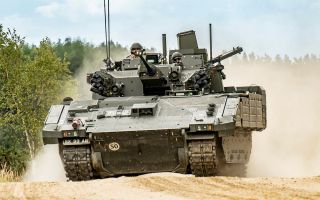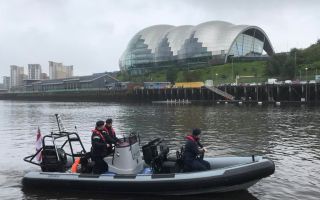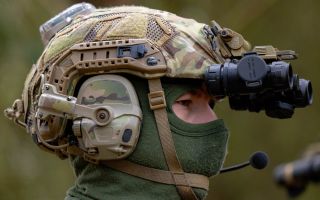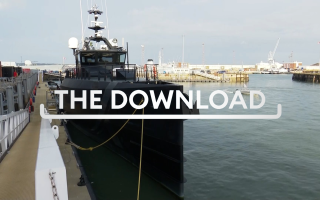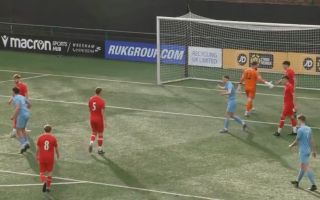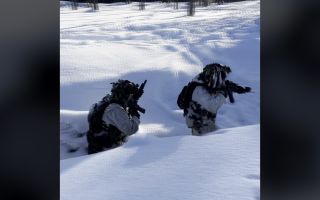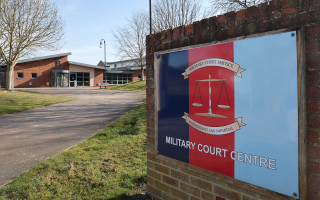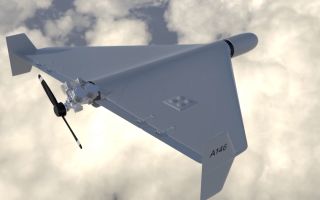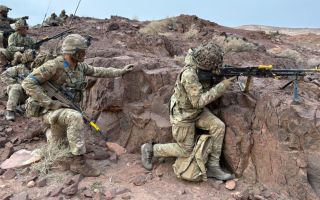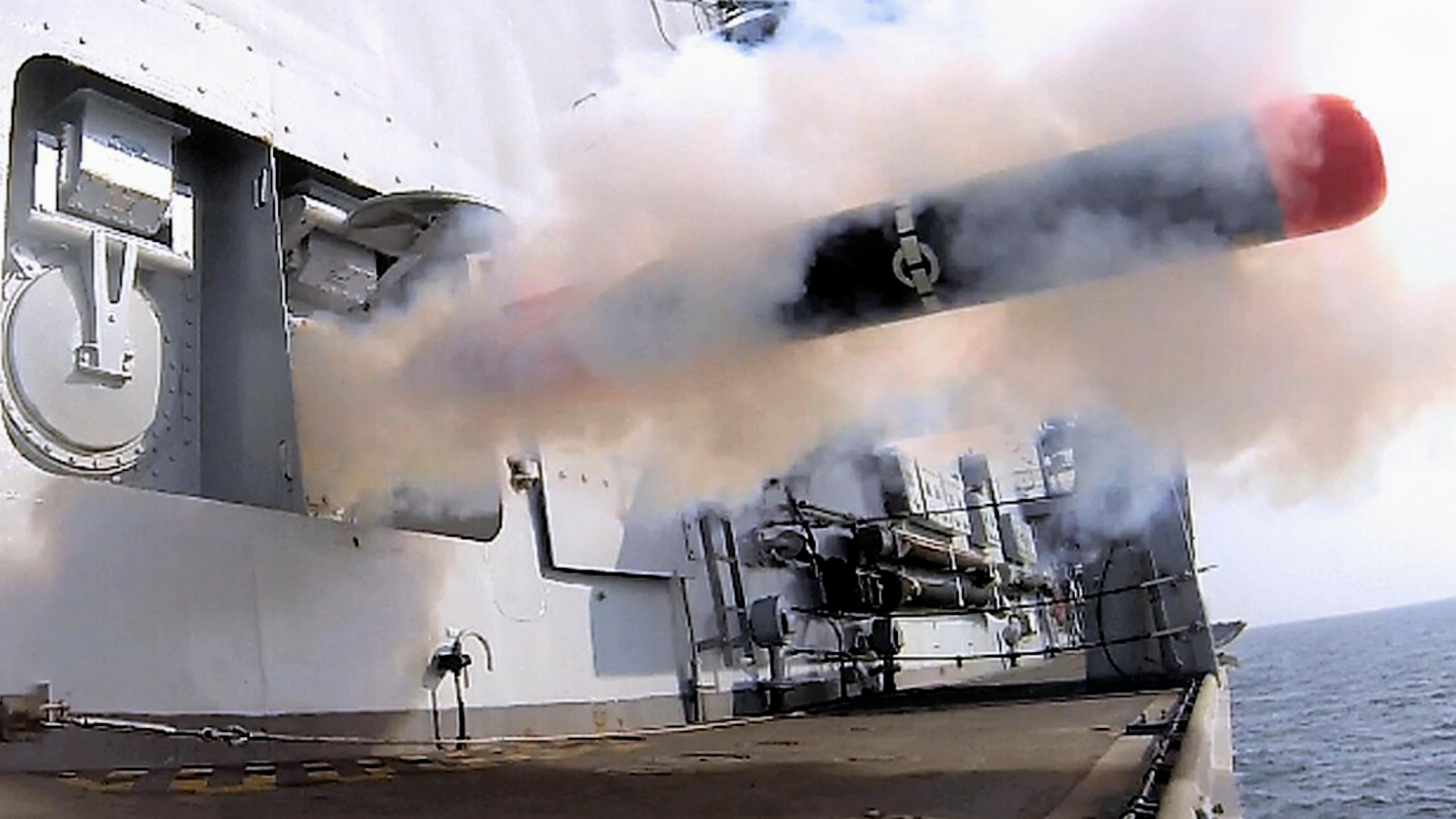
Royal Navy's Sting Ray torpedo set for £60m four-year 'best in class' upgrade

New technological features are to be added to the anti-submarine Sting Ray lightweight torpedo to give it more deployment options and make it "best in class".
Over the next four years, the Sting Ray Mod 1 weapons system will be upgraded in terms of construction and capabilities to tackle modern and future threats.
Developed from its predecessor Mod 0, the torpedo is an air-launched anti-submarine warfare lightweight weapon which can be launched from drones, maritime patrol aircraft and helicopters.
Under the new project with BAE Systems, worth £60m, the Sting Ray will undergo a four-year assessment phase.
The new features and upgrades will also benefit the Royal Air Force's capability.
Senior Responsible Owner for the Sting Ray Mid Life Upgrade (SRMLU) programme, Commodore Steve Bolton, said: "This is great news for the Royal Navy and other Sting Ray lightweight torpedo users.
"We are taking what is already a very good anti-submarine warfare weapon and turning it into the best in class."
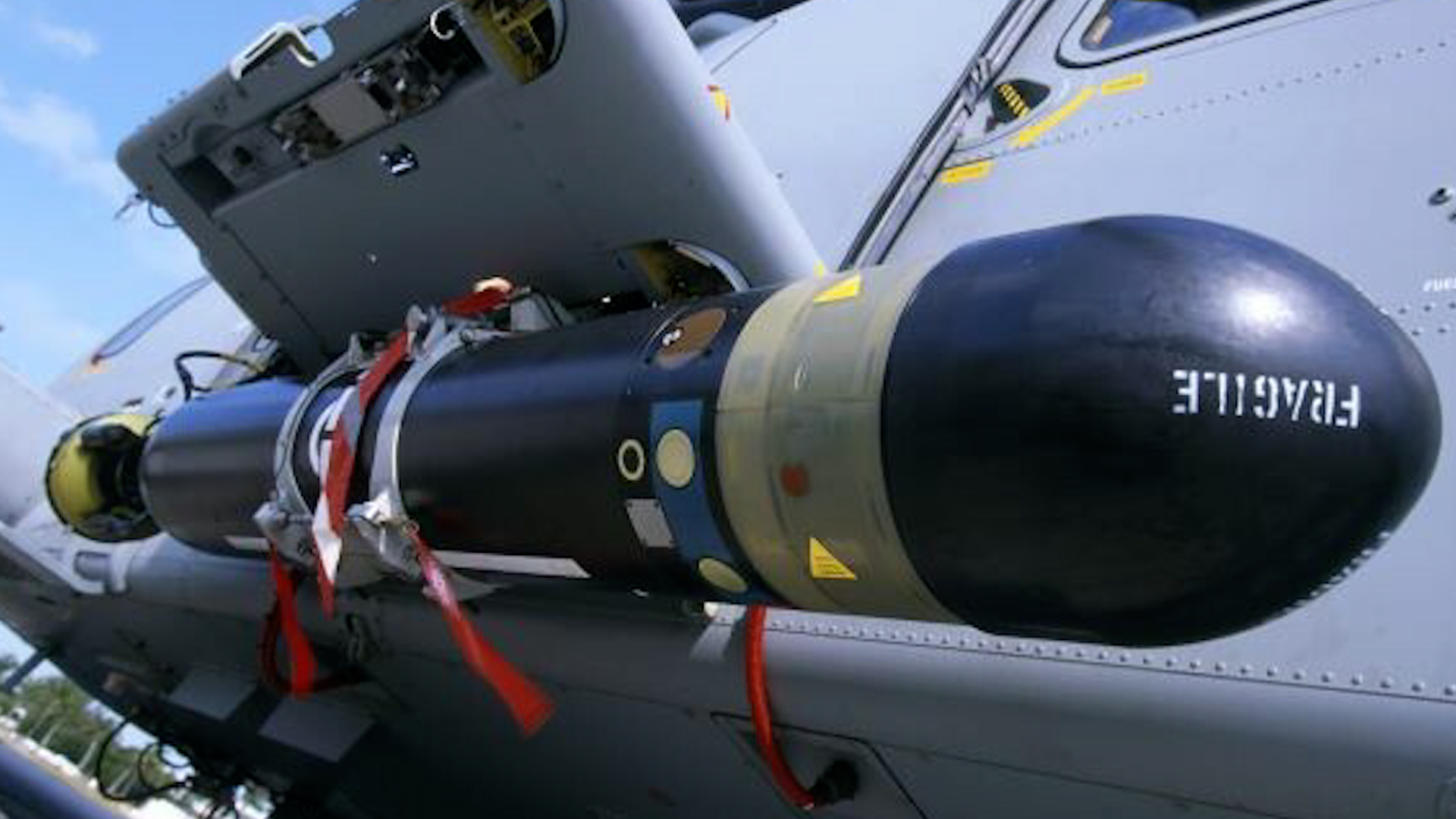
Operational since the 1980s and designed to counter submarine targets of all types, Sting Ray has been used by the Royal Navy, RAF and the Norwegian Armed Forces.
The weapon has since been adapted to be dropped from the RAF's P-8 Poseidon aircraft, and the Royal Navy's Merlin helicopters.
In November 2023, the RAF announced that it had chosen the Sting Ray as its future torpedo capability, alongside the US Mk54 weapon, on the Poseidon.
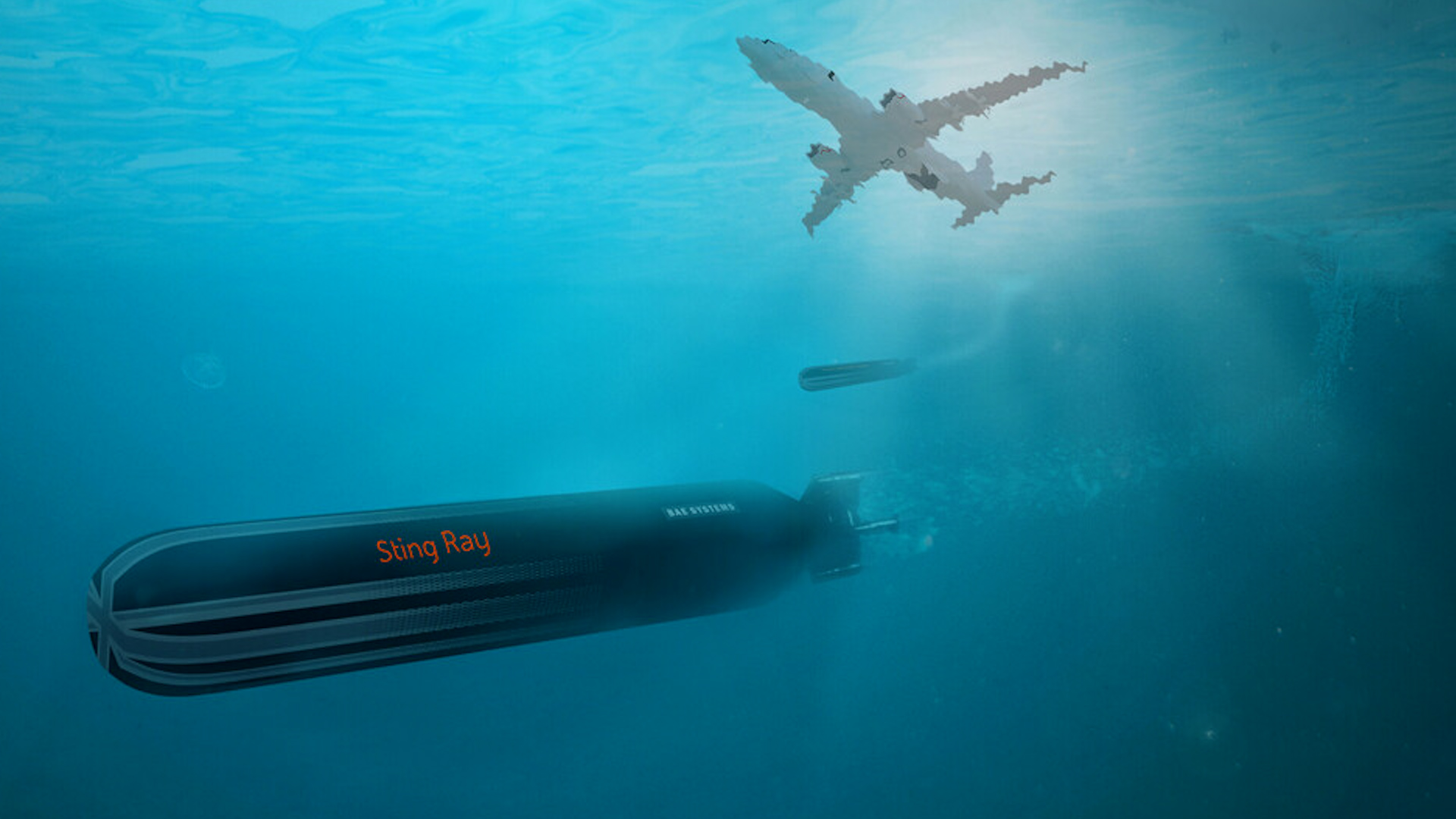
Commodore Richard Harris, deputy director of Weapons Operating Centre at DE&S, said: "The Stingray Mid Life Upgrade Programme will enhance the UK's lightweight torpedo, significantly improving the Anti-Submarine Warfare capabilities delivered by the Royal Navy and Royal Air Force.
"This programme is an essential part of the daily mission that protects the nuclear deterrent and our undersea cables.
"I am grateful for the skills and expertise in the UK's underwater industries that provide the cutting-edge technology that our Armed Forces need."

